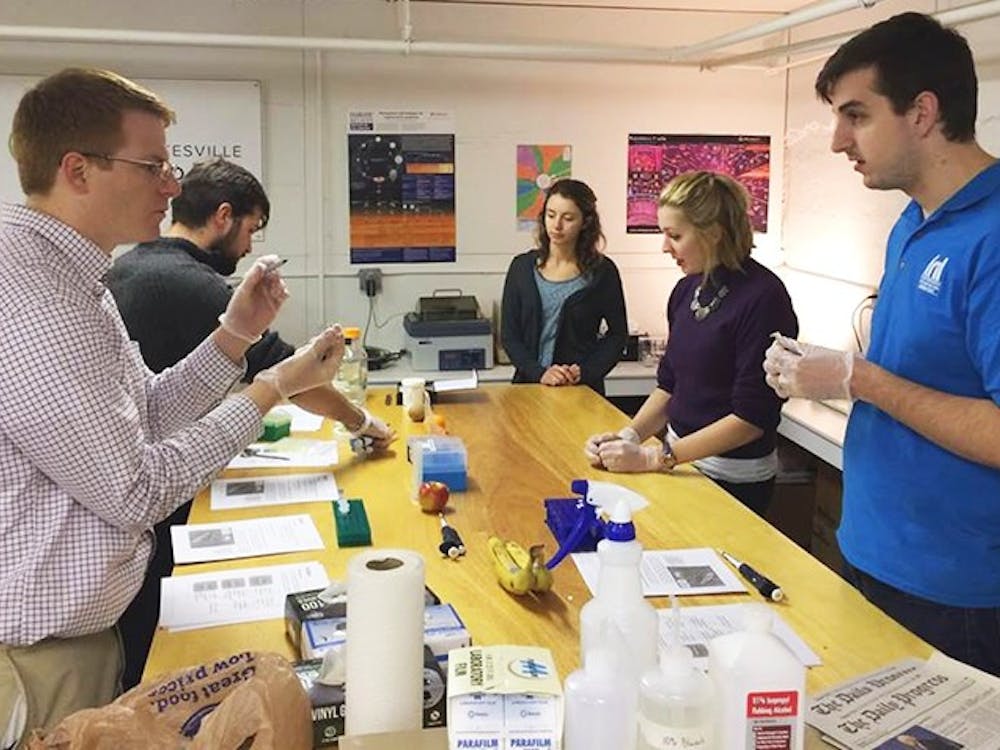While the arrival of spring brings blooming daffodils, buds on trees and warmer weather, for some, this means sniffles, itchy eyes and constant sneezing.
Allergies are “the 6th leading cause of chronic illness in the U.S.” with more than 50 million Americans suffering from them every year, according to the American College of Allergy, Asthma and Immunology or ACAAI’s website.
ACAAI contributes seasonal allergies to a response by the immune system to environmental allergens that generally do not produce a reaction in most individuals. The website lists grass, pollen and mold as the most common sources of spring allergies, which typically last from February through early summer, although this time period varies based on the climate.
Alex Smith-Scales, a first-year student in the College, mentioned her allergies saw a spike in autumn and now, especially, in spring. She also noticed a similar increase of allergy symptoms in her peers too.
Students living in Lefevre and other Old Dorms see a particularly bad flare up in allergies, according to Alex, as compared to New Dorms.
“New Dorms have better ventilation and are more spaced out, whereas Old Dorms are more together and have terrible ventilation,” Smith-Scales said.
Dr. Christopher Holstege, executive director of Student Health, said in an email statement that patients may have a range of symptoms and symptom severities.
While some patients may be treated in clinics, such as the Elson Student Health Center, still others see a greater severity in symptoms and may need to be seen in the emergency department, because they require medications such as epinephrine.
Severe allergic reactions, or anaphylactic shock, can actually decrease blood flow throughout the body. Epinephrine alleviates this long enough for the root cause of the shock to be treated.
Holstege also described a distinct seasonal component to some allergies, especially those caused by pollens.
Elson offers several options for those suffering with an allergy, including clinicians within General Medicine for those with less frequent and more minor symptoms. For individuals struggling with chronic or more severe allergies, the Allergy Clinic offers allergy injections or immunotherapy.
ACAAI recommends consulting an allergist to identify the source of the allergy and to stop it, beyond simply alleviating symptoms.
There are several suggestions for those individuals suffering with a seasonal allergy.
“Keep windows and doors shut at home and in your car during allergy season,” “stay inside midday and during the afternoon” due to high pollen counts, and “take a shower, wash your hair and change your clothes after you’ve been working or playing outdoors,” according to ACAAI’s website.






